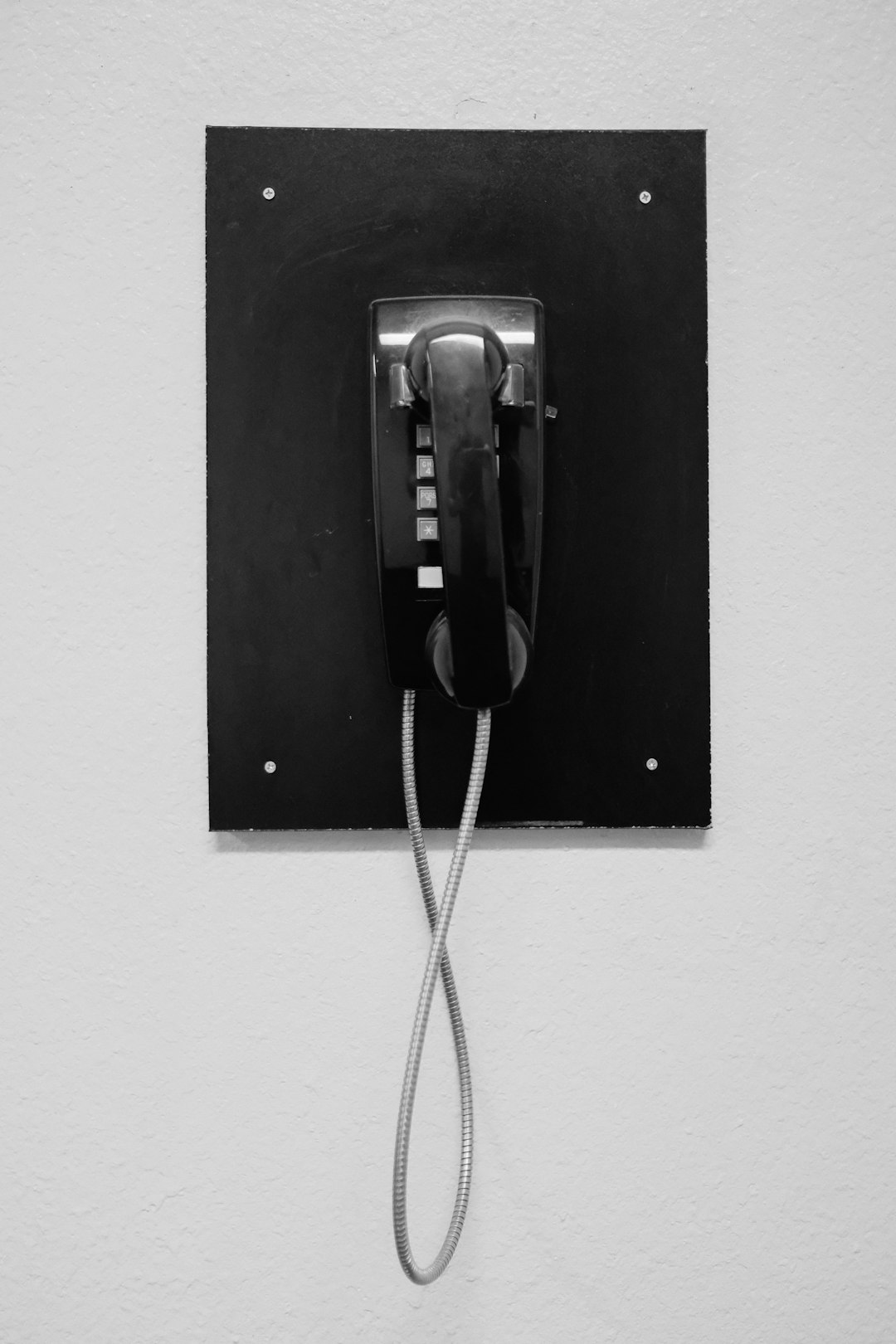In Washington state, strict Do Not Call laws protect residents from excessive telemarketing. Consumers can opt-out of unsolicited calls and take legal action against violators with help from a Do Not Call Attorney Washington. Repeated calls despite registration on the Do Not Call list are illegal; consumers can file complaints, leading to potential investigations, lawsuits, and compensation for distress. After filing a lawsuit with a specialized attorney, consumers go through defined steps, culminating in court action that may result in damages and deter future violations.
In Washington, consumers now have a powerful tool to combat relentless telemarketing calls—the right to sue. With strict Do Not Call laws in place, understanding when a telemarketer’s behavior becomes illegal is crucial. If you’ve faced repeated violations, a Do Not Call Attorney in Washington can guide you through the legal process. This article explores your rights, what constitutes harassment, and the steps to protect yourself from unwanted calls, ensuring your peace of mind.
Understanding Washington's Do Not Call Laws

In Washington, consumers are protected by strict Do Not Call laws designed to curb excessive telemarketing. These regulations, enforced by the Washington State Attorney General’s Office, give residents the right to opt-out of unsolicited phone calls from businesses and organizations. If a consumer feels their privacy has been invaded due to repeated violations of these rules, they have the legal right to take action. A Do Not Call Attorney Washington can guide individuals through the process of filing a lawsuit against telemarketers who disregard state regulations.
Understanding and knowing one’s rights under these laws is essential. Consumers should be aware that while businesses are allowed to make certain types of calls, they must obtain prior consent for sales or marketing purposes. When a caller ignores an individual’s “Do Not Call” request, it becomes a violation, potentially opening up the company to legal repercussions.
When Does a Telemarketer's Behavior Cross the Line?

In Washington, a telemarketer’s behavior crosses the line when it violates consumers’ rights and enters the realm of harassment. Repeated calls, despite a consumer’s clear indication of disinterest or registration on the Do Not Call list, are a prime example. Such actions can lead to legal repercussions for telemarketers, as consumers have the right to sue for damages caused by these repeated violations.
A “Do Not Call Attorney Washington” can play a pivotal role in helping consumers navigate this process. They can guide individuals through their legal rights and options, ensuring they receive compensation for any distress or inconvenience caused by unwanted telemarketing calls. This not only discourages abusive practices but also empowers consumers to take action against offenders.
The Legal Process for Filing a Suit Against a Telemarketer

In Washington, consumers have legal recourse against persistent telemarketers through a Do Not Call Attorney. If an individual receives unwanted calls in violation of the state’s do not call registry, they can file a complaint with the Washington State Attorney General’s Office. This initial step initiates the legal process, where the office may investigate and take action on behalf of the consumer.
If the investigation confirms a violation, the Attorney General’s Office can sue the telemarketer under the Washington Consumer Protection Act. Consumers who have directly experienced these violations can also file their own lawsuit with the help of a Do Not Call Attorney in Washington. This legal process aims to stop the harassing calls and compensate affected consumers for their distress.
Protecting Your Rights: What to Expect After Filing

After filing a lawsuit against a telemarketer with the help of a Do Not Call Attorney Washington, consumers can expect several key steps and outcomes. Initially, a notification will be sent to the defendant, officially informing them of the legal action taken against them. This is followed by a period where both parties have the chance to gather evidence and prepare their arguments. The case will then proceed through the court system, potentially leading to a trial or an out-of-court settlement negotiation.
If successful, consumers can expect compensation for their damages, which may include financial losses, emotional distress, and any other associated costs. The court’s decision also serves as a powerful deterrent for future violators, emphasizing that repeated telemarketing violations will not be tolerated. Consumers are encouraged to seek legal counsel to understand their rights and navigate the complexities of the legal process effectively.






